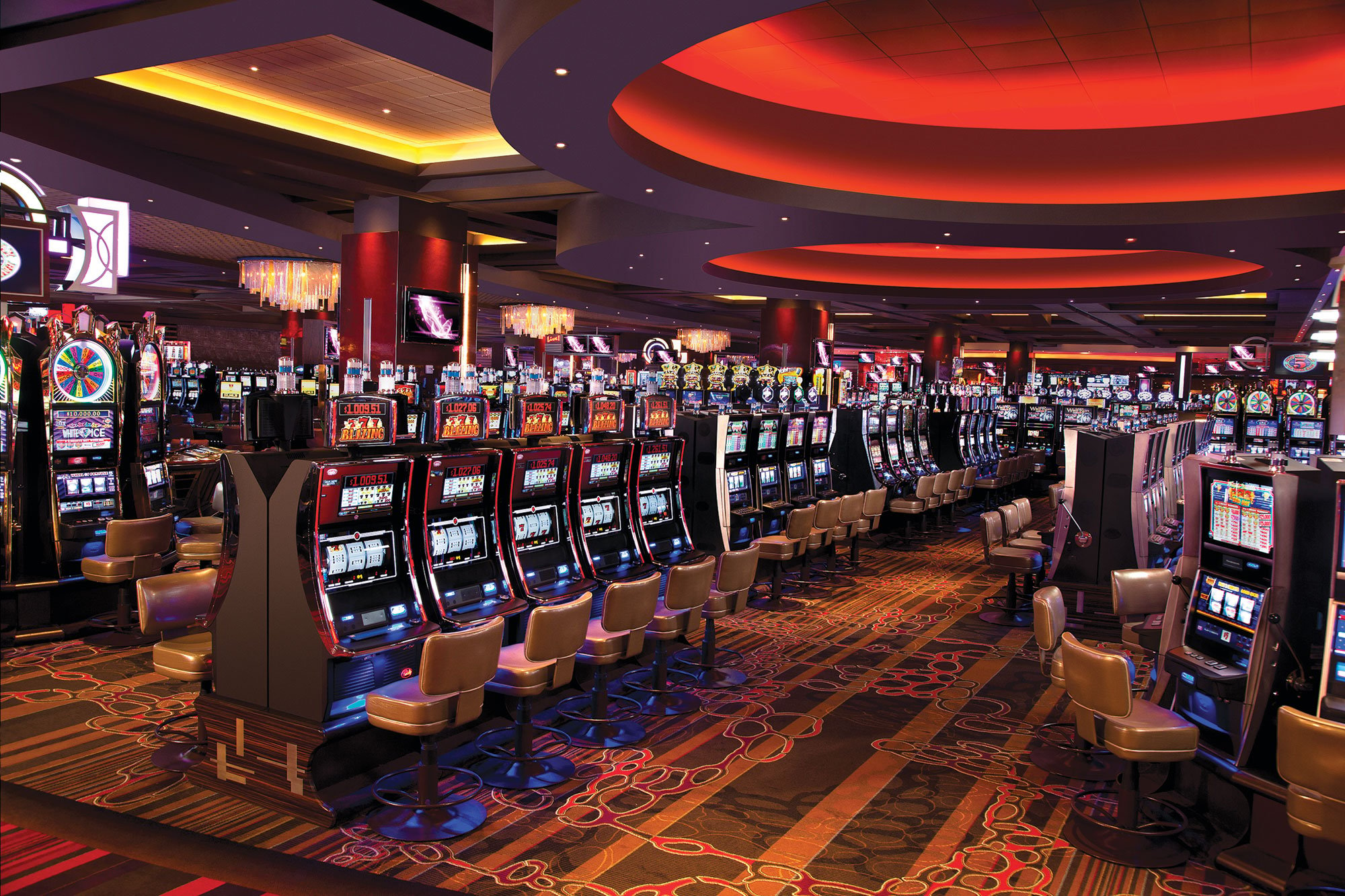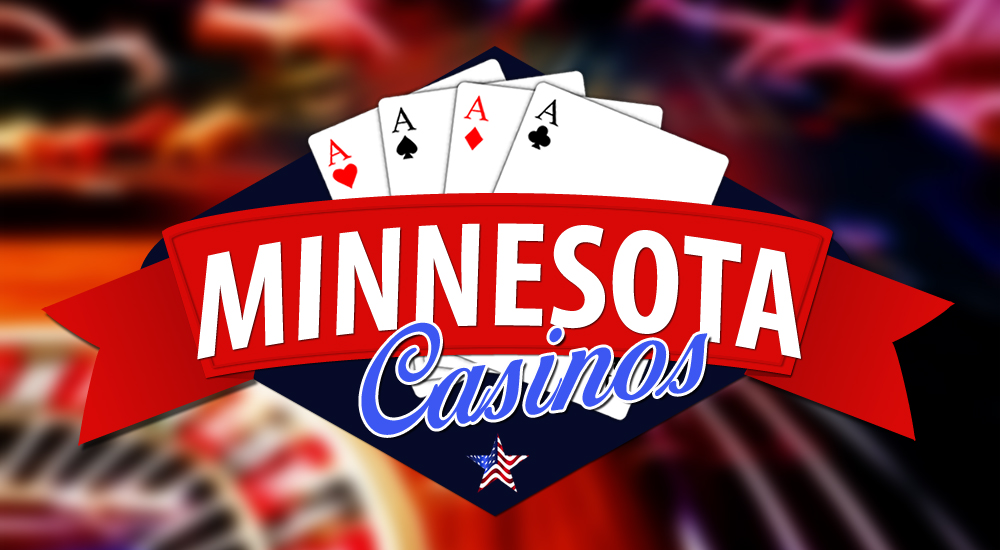Betting on the Big Bucks: How Many Reservations Have Casinos?
Betting on the Big Bucks: How Many Reservations Have Casinos?

Gambling. It’s a word that conjures up images of flashing lights, the clinking of chips, and the thrill of the unknown. But for many Native American tribes, casinos are more than just a source of entertainment. They’re a lifeline, a way to create jobs, build infrastructure, and revitalize their communities.
So, how many reservations actually have casinos? And how did they get there? Let’s dive into the fascinating world of tribal gaming and explore the economic and cultural impact it has had on Native American communities.
Related Articles: Betting on the Big Bucks: How Many Reservations Have Casinos?
- California’s Indigenous Legacy: Exploring The Land Of Reservations
- Uncover hidden gems: A journey to indian reservations near Livingston, TX
- Unveiling the Truth: Indonesia's Economic Crossroads in 2023
- Unveiling the Truths and Histories of Indian Reserves in Canada
- Discover the Enchanting World of Indian Reservations in South Dakota
From Treaty Rights to Gaming Revenue
The story of tribal casinos starts with a long and complex history of treaties and land rights. After centuries of forced displacement and broken promises, the federal government recognized the sovereign status of Native American tribes in the late 19th and early 20th centuries. This recognition included the right to self-governance and control over their own lands.
However, this recognition didn’t automatically translate into economic prosperity. Many reservations were located in remote areas with limited resources. Many lacked access to quality education, healthcare, and employment opportunities.
In the 1980s, a glimmer of hope emerged in the form of the Indian Gaming Regulatory Act (IGRA). This landmark legislation recognized the inherent right of tribes to operate gaming activities on their lands, provided they met certain regulatory requirements.
A Game Changer: The Rise of Tribal Casinos
The IGRA opened the door for tribes to develop casinos, generating much-needed revenue and creating economic opportunities. Since then, tribal casinos have become a major force in the gaming industry, transforming the landscape of Native American communities.
But it wasn’t a smooth journey. The road to establishing casinos was paved with challenges, including:
- Negotiating with state governments: IGRA allows states to regulate tribal gaming, leading to complex negotiations and sometimes contentious relationships.
- Securing financing: Building and operating a casino requires significant investment, which can be a hurdle for many tribes.
- Overcoming public perception: Some communities have expressed concerns about the potential social impact of casinos, leading to resistance and lawsuits.

Despite these obstacles, many tribes have successfully navigated the legal and regulatory landscape, building thriving casinos that have become vital economic engines for their communities.

How Many Reservations Have Casinos?
So, how many reservations have casinos today? The exact number is difficult to pin down, as it fluctuates based on new casino openings, closures, and various definitions of "casino." However, estimates suggest that over 500 tribal casinos operate in the United States, generating billions of dollars in revenue each year.
The Impact of Tribal Casinos: More Than Just Money
The impact of tribal casinos goes far beyond just generating revenue. They have played a significant role in:
- Creating jobs: Tribal casinos have created thousands of jobs on reservations, providing much-needed employment opportunities for tribal members and surrounding communities.
- Improving infrastructure: Casino revenue has allowed tribes to invest in essential infrastructure, such as schools, hospitals, roads, and housing, improving the quality of life for residents.
- Preserving culture: Casinos have provided a platform for tribes to showcase their cultural heritage through art, music, and traditional ceremonies, helping to keep traditions alive.
- Promoting economic development: Casino revenue has spurred economic development in surrounding communities, attracting new businesses and creating a more vibrant local economy.

Not Without Challenges: The Downside of Casino Development
While the benefits of tribal casinos are undeniable, they’re not without their challenges.
- Social issues: Some critics argue that casinos can lead to increased crime, addiction, and social problems in surrounding communities.
- Environmental concerns: Casino development can raise environmental concerns, particularly in sensitive areas.
- Internal conflicts: The influx of casino revenue can sometimes lead to internal conflicts and power struggles within tribal governments.
Finding a Balance: Responsible Gaming and Community Development
The key to mitigating these challenges lies in responsible gaming practices and a commitment to community development. Tribes are increasingly focusing on:
- Investing in social programs: Many tribes are using casino revenue to fund addiction treatment programs, mental health services, and other social services to address potential negative impacts.
- Building sustainable economies: Tribes are diversifying their economies beyond gaming, investing in businesses, tourism, and other sectors to create a more sustainable future.
- Promoting cultural preservation: Many tribes are using casino revenue to fund cultural programs, museums, and language revitalization efforts, ensuring the preservation of their heritage.
The Future of Tribal Gaming: A Growing Industry
The future of tribal gaming looks bright. As the industry continues to evolve, tribes are exploring new opportunities, including:
- Online gaming: Tribes are increasingly entering the online gaming market, expanding their reach and revenue streams.
- Sports betting: With the legalization of sports betting in many states, tribes are poised to capitalize on this growing market.
- New technologies: Tribes are embracing new technologies, such as virtual reality and augmented reality, to enhance the gaming experience and attract new customers.
FAQ: How Many Reservations Have Casinos?
Q: How many reservations have casinos in the US?
A: It’s difficult to give an exact number, but estimates suggest that over 500 tribal casinos operate in the United States.
Q: What is the Indian Gaming Regulatory Act (IGRA)?
A: The IGRA is a federal law passed in 1988 that recognizes the right of Native American tribes to operate gaming activities on their lands, provided they meet certain regulatory requirements.
Q: What are the benefits of tribal casinos?
A: Tribal casinos generate revenue, create jobs, improve infrastructure, preserve culture, and promote economic development in Native American communities.
Q: What are the challenges of tribal casinos?
A: Challenges include potential social issues, environmental concerns, and internal conflicts within tribal governments.
Q: What is the future of tribal gaming?
A: The future of tribal gaming looks bright, with tribes exploring new opportunities in online gaming, sports betting, and new technologies.
Conclusion: A Powerful Force for Change
Tribal casinos have become a powerful force for change in Native American communities, providing economic opportunity, improving living conditions, and preserving cultural heritage. While challenges remain, the future of tribal gaming looks bright, with tribes continuing to innovate and shape the industry while working to ensure responsible gaming and community development. The story of tribal casinos is a testament to the resilience, adaptability, and entrepreneurial spirit of Native American tribes, demonstrating their ability to overcome adversity and create a better future for their communities.

Closure
Thus, we hope this article has provided valuable insights into Betting on the Big Bucks: How Many Reservations Have Casinos?. We hope you find this article informative and beneficial. See you in our next article!